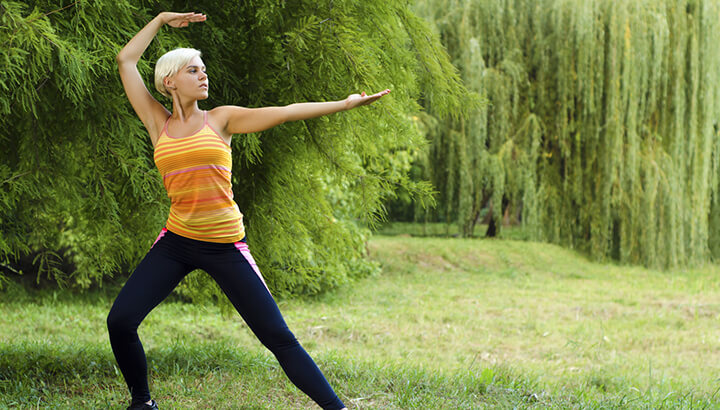
You have probably heard time and time again that your mind and body are interconnected. This couldn’t be more true. When your mental state is focused on positivity and health, your physical health benefits greatly. The same goes for mood. When you’re in a good mood, you’re more likely to take good care of both your mind and your body.
This works in reverse as well. When you’re in a poor mental state, your physical health may suffer significantly. When you’re in a bad mood, you’re much less likely to take good care of your body and your mind.
So, how does this work?
A human being is more than just the sum of their parts. You are not just a brain, a heart, a few limbs, a pair of lungs and a bunch of hormones. All of these parts work together and contribute to who you are, how you think and how you feel. When we neglect a certain aspect of ourselves, we are in essence neglecting ourselves entirely, since our being operates as a whole. Basically, it’s hard — if not impossible — to be in great physical health if your mental health is poor, and vice versa.
Imagine for a moment that you’re having a really good day. You wake up feeling great, the sun is shining and you don’t have anything weighing down your mind. When it’s time to get something to eat, you probably go for something healthy, knowing it will make your body feel great. You feel energized, so you go out for a walk to enjoy the sun. You want to share your happiness with a loved one, so you call a friend and meet at the park. All of these things — the healthy meal, the walk, socializing in the sunshine — can greatly boost your physical health. Plus, they can help your mood stay positive, thus keeping the cycle of positivity and health rolling.
The reverse is also true

Now imagine the opposite day, a day where you wake up “on the wrong side of the bed.” You immediately want to hit the snooze button, it’s dreary outside and you’re stressed and worried about things that happened the previous week (or month, or year). On these days, you probably just reach for the quickest, easiest thing for breakfast — for many people this is not something healthy. You think about exercising, but decide you don’t have the energy and stay inside instead. You spend the day sitting on the couch binge watching movies. At the end of the day, you feel worse. You’re fatigued, your back hurts and your digestive system is not happy about those “convenience foods.” Needless to say, having this kind of day can be detrimental to your health and can reinforce a negative cycle.
Research has shown just how intertwined physical and mental health really are. For example, mental health problems such as depression have been linked to insomnia, fatigue, cardiovascular disease and digestive disturbances. Stress has been linked to compromised immunity, weight gain and inflammation. Chronic inflammation, in turn, may lead to a whole host of chronic illnesses, including heart disease, autoimmune disease, cancers and more.
How to keep your mental state healthy

As you can see, keeping your mental state as healthy as possible is of paramount importance. The following are a few ways to do just that:
- Eat clean, whole, nutritious foods even when you don’t feel like it — it’ll make you feel better!
- Exercise regularly for at least 30 minutes, three times per week. Try to get outside for a brisk walk each day.
- Take steps to manage your stress. Meditation, yoga, tai chi and journaling are all great stress relieving activities.
- Think positive! Start each day by writing down (or at least actively thinking about) three things that make you happy and thankful.
- Make room in your schedule to do the things you love. Enroll in a dance class, pottery class or whatever type of activity makes you feel open and alive.
- Make sure you’re getting seven to eight hours of quality sleep each night.
- If you’re having trouble, reach out. Finding someone you trust to talk to is important for everyone.
Cheers to the health of your body and mind!
— Tanya Mead

